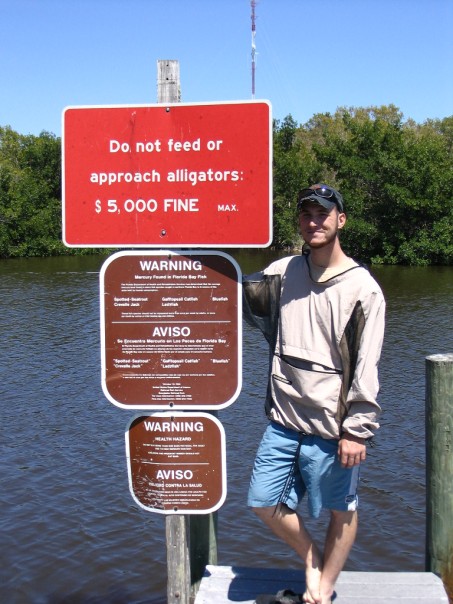WASHINGTON - March 8 - Today leading scientists released a letter signed by 5,738 biologists across the United States urging the Senate to stand by scientific principles that are crucial to species conservation in the Endangered Species Act (ESA). The letter-representing scientists from all 50 states and more than 900 institutions-asks Congress to stop efforts to weaken the ESA.
"Thanks to a strong scientific foundation, for 30 years the Endangered Species Act has protected wildlife, fish and plants on the brink of extinction," said Dr. Stuart PIM, Doris Duke Chair of Conservation Biology, Duke University. "We should protect biodiversity by strengthening and fully funding the ESA, rather than attacking it."
"The Endangered Species Act has been effective because it is based on good science," said Dr. Gordon Orians, Professor Emeritus in the Biology Department at the University of Washington. "Since it was enacted, less than one percent of species listed under the ESA have gone extinct, while 10 percent of species waiting to be listed have been lost."
The scientists credit the success of the ESA to its reliance on the best available science, and caution that recent congressional proposals-particularly those that seek to narrowly define or limit the science used to enforce the ESA-will result in extinctions. The letter emphasizes that, "The current Endangered Species Act standard of "best available science" has worked well and has been flexible enough over time to accommodate evolving scientific information and practices." The scientists recommend the Senate can best protect and strengthen the ESA by ensuring sound scientific practices in five areas: species listings, habitat, scientific tools, recovery plans and scientific advances.
"The Endangered Species Act has protected many species over the last 30 years. The bald eagle was on the brink of extinction in the 1970s and is now found in all the lower 48 states," said Dr. Jennifer Hughes Martiny, Assistant Professor, Dept. of Ecology and Evolutionary Biology and Center for Environmental Studies, Brown University.
"By limiting the science that can be used to enforce the ESA, the House of Representatives has put endangered species at even greater risk," said Dr. Dennis Murphy, Research Professor at the University of Nevada, Reno. "Losing these species means losing the potential to solve some of the world's most intractable problems. Species diversity has provided humankind with food, fiber, medicines, clean water, and numerous other services that many of us take for granted."
The list of signers includes 12 MacArthur "genius award" recipients, six National Medal of Science recipients, two Crafoord prize winners, 39 National Academy of Science members, and 20 Pew Marine Science Fellows.



1 comment:
if anything, the ESA needs strengthened, not hobbled......fucking politics......
Post a Comment